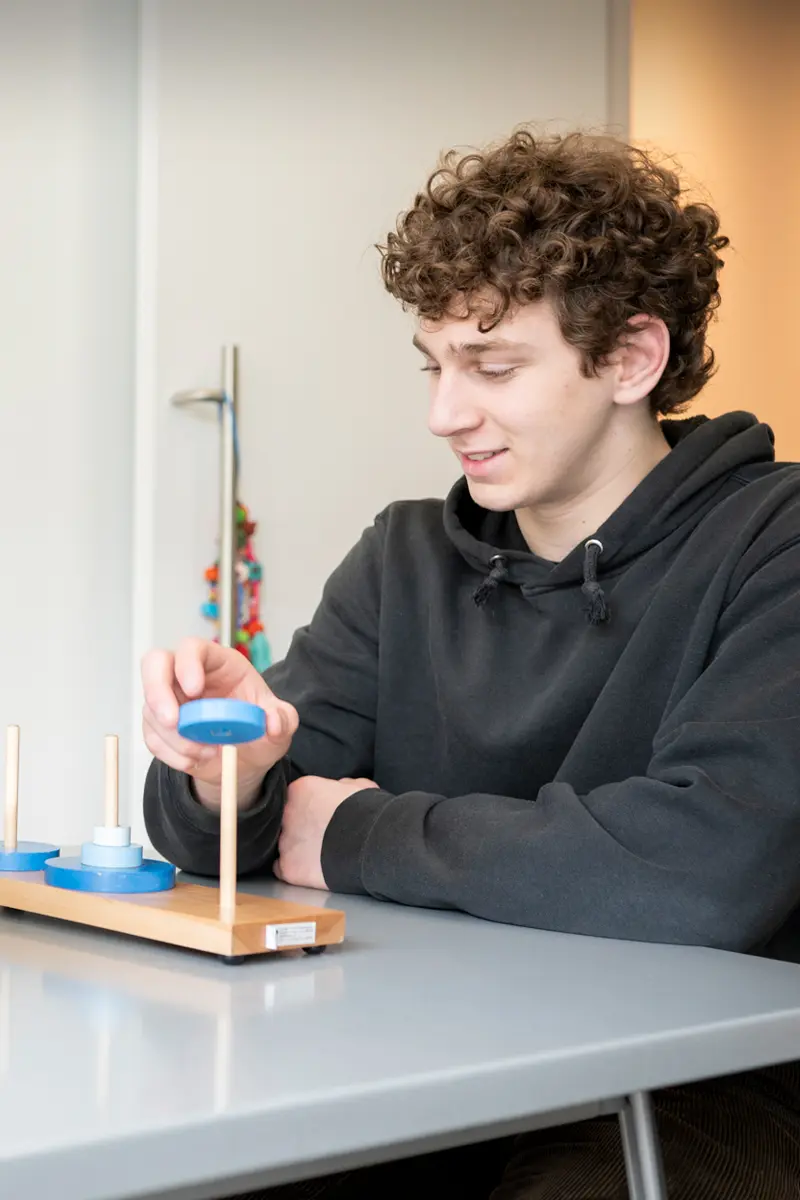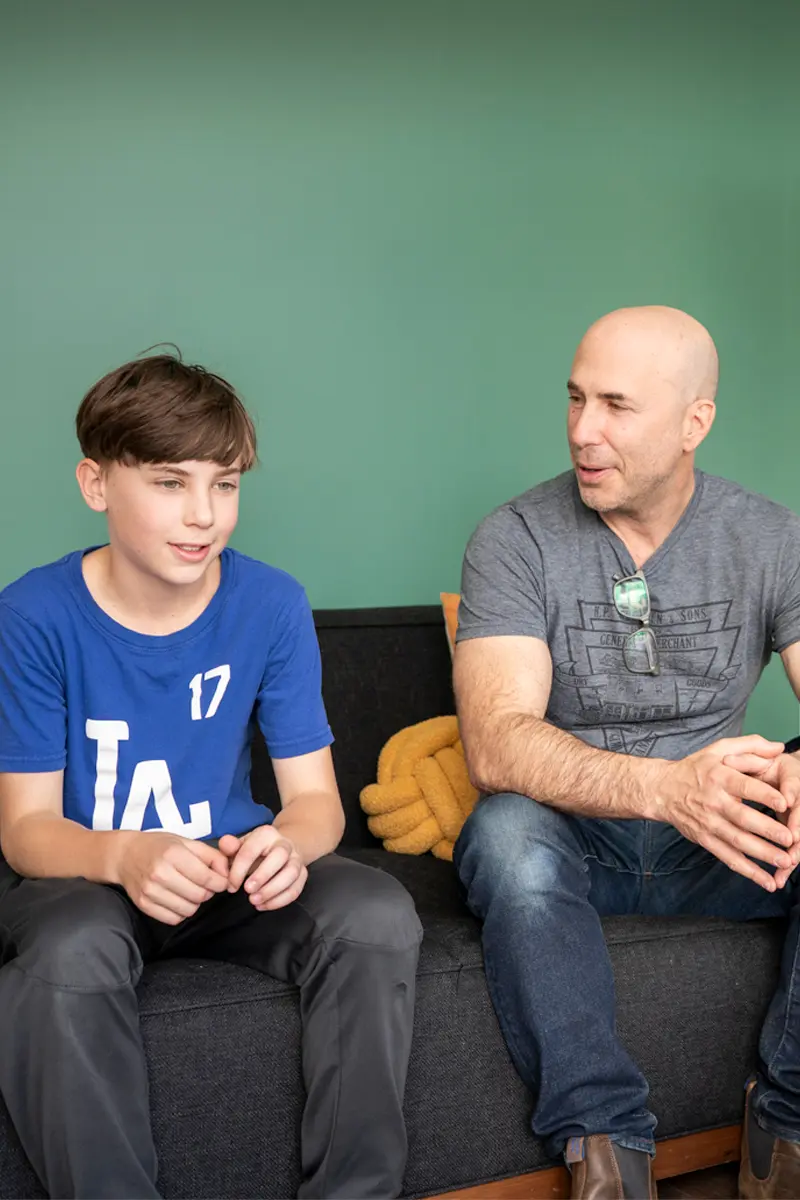What is OCD?
Obsessive-compulsive disorder (OCD) is a mental health condition involving unwanted, intrusive thoughts, images, or urges (obsessions) that cause distress or anxiety, and repetitive actions or mental rituals (compulsions) performed to try to relieve that discomfort. These behaviours may temporarily reduce anxiety, but they often make symptoms worse over time.
Common OCD themes include fears about germs or contamination, worries about safety, or a strong need for order and symmetry.
For children and teens, OCD symptoms can take up significant time each day, interfere with school, friendships, and family life, and can be difficult for them to explain to others.










